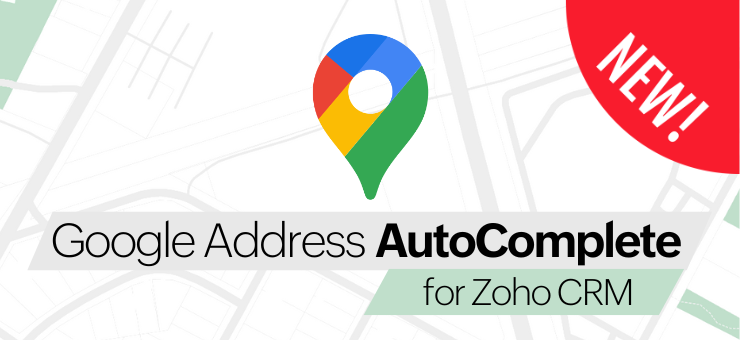Zoho CRM’s custom modules are a powerful feature for organizations looking to track unique data beyond the default modules like leads, contacts, and deals. With custom modules, you can tailor Zoho CRM to better match your business processes, creating fields and connections that make managing data easier and more relevant to your needs.
What Are Custom Modules in Zoho CRM?
Custom modules in Zoho CRM allow you to build your own records from scratch, such as “Jobs” or “Projects,” which don’t exist in the default CRM setup. These modules enable you to keep all relevant information in one place and connect them to existing data within your CRM for a fully integrated workflow.
Step-by-Step Guide to Creating a Custom Module
- Navigate to Module Settings:
- Go to the CRM’s settings and select Customization > Modules and Fields.
- Click on Create New Module in the top right corner.
- Name Your Module:
- Choose a descriptive name, like “Jobs,” that will represent the type of data you’re tracking.
- Decide on a singular version of the name for individual record identification.
- Organize Module Information:
- Create a Record Information Section: Drag non-essential fields (e.g., created by, owner) into a lower section to streamline the top view.
- Decide on Record Naming: Use either an auto-number format (e.g., Job 001, Job 002) or allow for custom text for specific naming.
- Add Essential Fields:
- Job Name: For clear identification, especially if auto-numbering isn’t used.
- Job Description: Add a multiline field to capture detailed information.
- Job Status: Create a picklist with statuses like “Open,” “In Progress,” and “Completed.”
- Date Fields: Include fields like “Job Start Date” and “Job Completion Date” to track timelines.
- Link Custom Module to Other Records:
- Add Relational Fields: Use lookup fields to link this module to relevant records, like Accounts, Contacts, and Deals. This helps you track which account or deal generated the job.
- Separate Relational Information: Adding a separate section for relational fields can keep your module organized.
- Use Subforms for More Detail:
- For complex data, use subforms to add itemized lists within your module. For instance, list products or services associated with the job and their quantities.
Saving and Setting Permissions for Custom Modules
After designing your module:
- Save it and select the permission sets to control who can view and edit this data.
- Your custom module will now appear in the CRM menu and can be accessed for data entry or integration with other modules.
How to Use the Custom Module in Workflows
Once created, the custom module can be:
- Created Manually: Go to the module directly to add a new record.
- Generated from Related Modules: For example, create a new job from within a deal or account. This is especially useful if the job results from a successful deal, and you want to maintain continuity.
Custom Module Compatibility: Reporting and Automation
Your custom module can be used in:
- Reports: Include custom module data in reports, with access to parent records and lookup fields.
- Mail Merge & Email Templates: You can design templates specifically for your custom modules, like a “Job Summary” PDF for clients.
- Task and Activity Linking: Attach tasks, meetings, and calls directly to this module to streamline activity tracking.
Potential Downsides of Using Custom Modules
Custom modules in Zoho CRM don’t always support data roll-ups in the same way as primary modules. For example:
- Notes and Emails: Notes added in custom modules may not automatically roll up to linked records like they do in standard modules. Workarounds include custom scripts or adding related lists manually.
- Limited Roll-Up for Emails: Emails sent from a custom module will sync to the contact record, but they won’t roll up to the account automatically.
Custom modules in Zoho CRM offer flexibility and depth for businesses needing more than the default modules. While they come with a few limitations, their benefits in terms of data organization, tailored workflows, and reporting make them an essential tool for customizing your CRM environment.
Remember: Before finalizing a custom module, think carefully about the record naming, field organization, and relational links, as these cannot be modified easily later.
For additional Zoho resources, be sure to check out our Resource Library!





